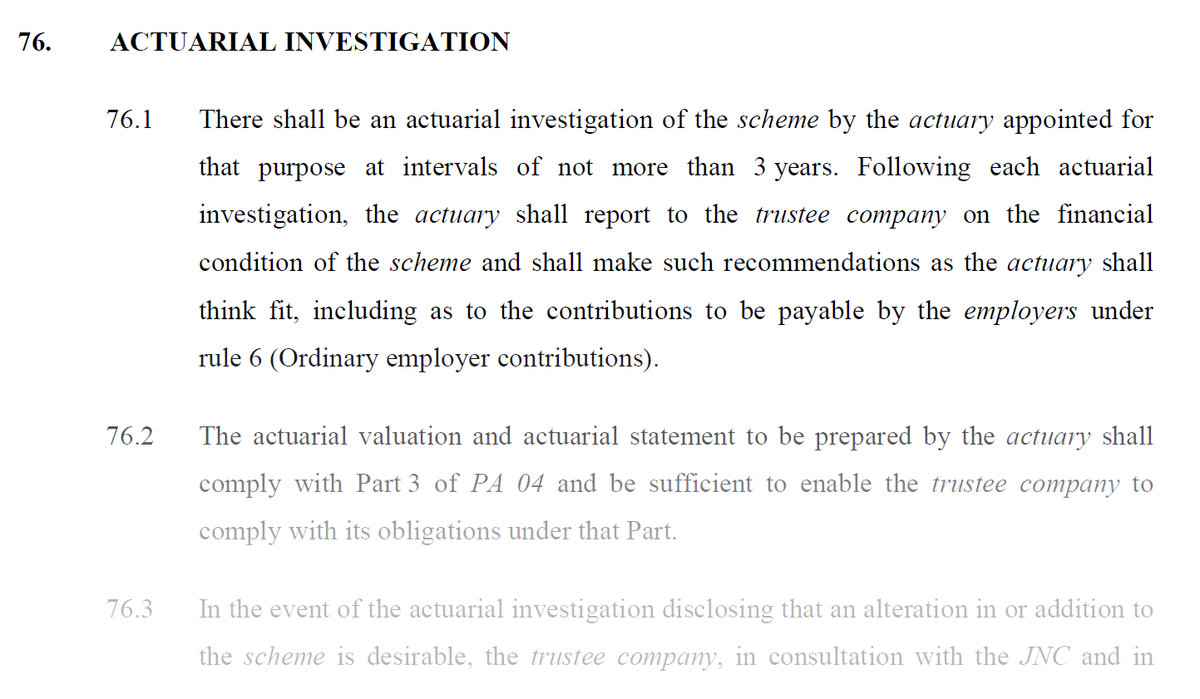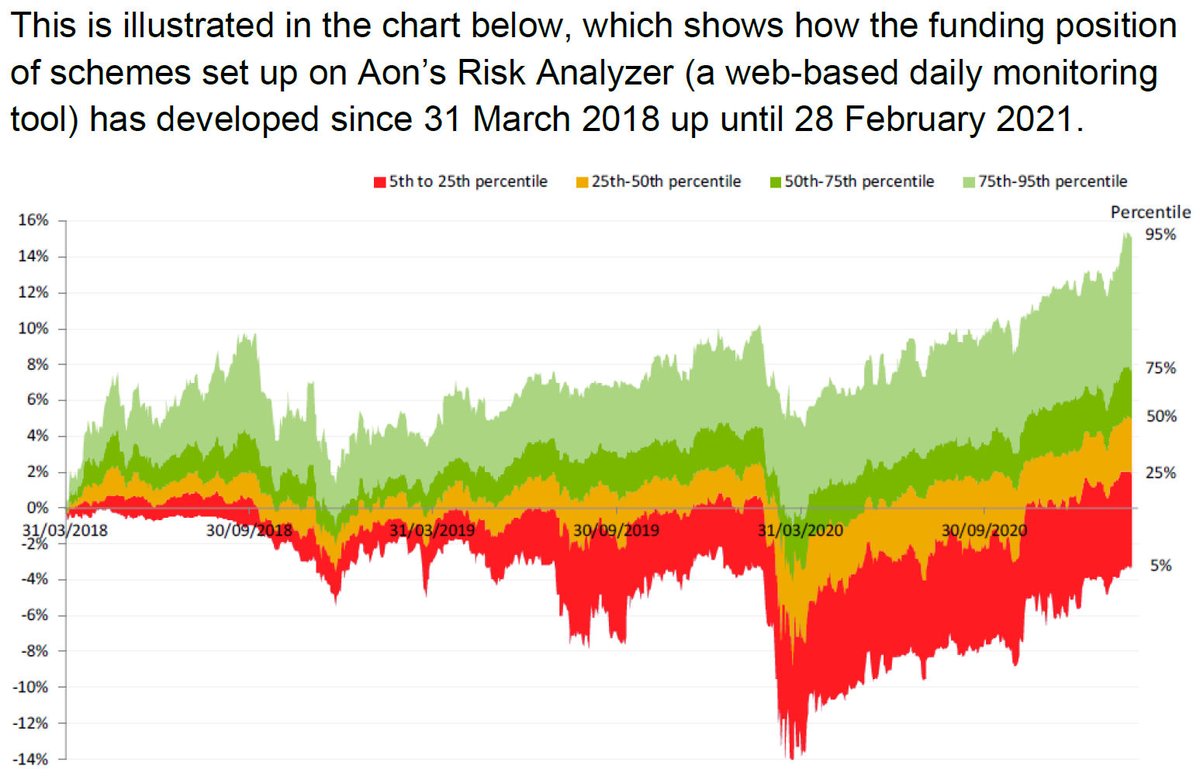
Quick reminder of how @UniversitiesUK have tried to scupper our proposals:
- 26 Jan: "The union's proposal does not appear to be a serious attempt to reach agreement"
- 28 Jan: "We are awaiting confirmation from #USS that @UCU’s proposal is viable, implementable, & fully costed"
- 26 Jan: "The union's proposal does not appear to be a serious attempt to reach agreement"
- 28 Jan: "We are awaiting confirmation from #USS that @UCU’s proposal is viable, implementable, & fully costed"
https://twitter.com/Sam_Marsh101/status/1493848952143335426
28 Jan (cont): "If we receive confirmation, we will formally consult employers on [UCU's proposals]"
2 Feb: "UUK is consulting employers for views on potentially modifying the proposal for concluding the 2020 #USS valuation" (but not UCU's proposals)
2 Feb: "UUK is consulting employers for views on potentially modifying the proposal for concluding the 2020 #USS valuation" (but not UCU's proposals)
10 Feb: "Now we have received a costed proposal from UCU, we have formally asked employers whether they would wish to support it"
10 Feb: @MikeOtsuka writes to UUK about "serious misrepresentations of UCU’s proposals" in the launch of the consultation. mikeotsuka.medium.com/uuks-serious-m…
10 Feb: @MikeOtsuka writes to UUK about "serious misrepresentations of UCU’s proposals" in the launch of the consultation. mikeotsuka.medium.com/uuks-serious-m…
11 Feb (morning): JNC meeting, and a chance for @UniversitiesUK to clear up any misunderstandings
11 Feb (late afternoon): @UniversitiesUK post "full consultation materials" on the @USSemployers website.
11 Feb (late afternoon): @UniversitiesUK post "full consultation materials" on the @USSemployers website.
12 Feb: @MikeOtsuka writes again to UUK warning that their new page "continues to seriously misrepresent" @UCU's proposals. mikeotsuka.medium.com/uuks-escalatin…
13 Feb: @UniversitiesUK take down their webpage, replacing it with a thorough re-write.
13 Feb: @UniversitiesUK take down their webpage, replacing it with a thorough re-write.
15 Feb: @UniversitiesUK circulate an extra @UCU document to employers and post it on their consultation webpage, but without the text of their accompanying email to VCs.
To be continued? Let's see. #USSmess
To be continued? Let's see. #USSmess
@UniversitiesUK @ucu (I wonder if @JosephineCumbo might try to unearth UUK's accompanying email to VCs yesterday...)
If anyone has the above email, please do send it Jo's way!
• • •
Missing some Tweet in this thread? You can try to
force a refresh








